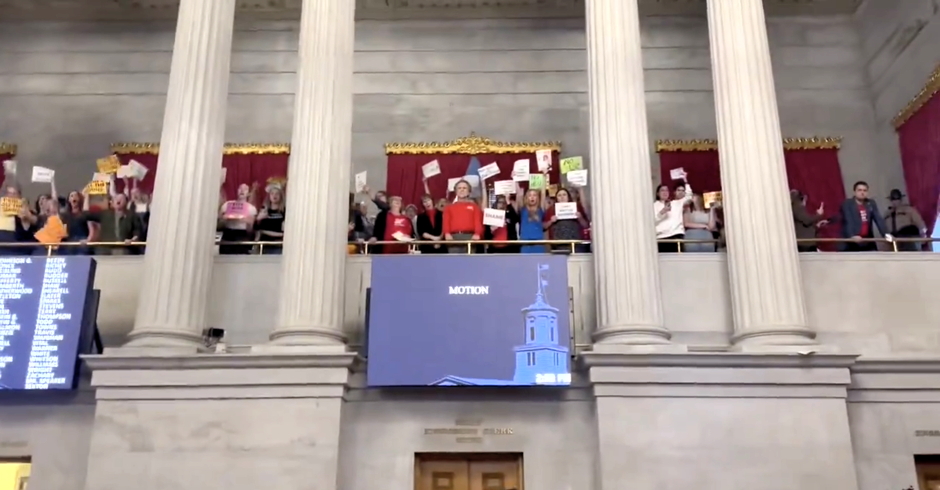CIA Director: Trump Is a ‘Sophisticated’ Consumer of Intelligence – Even if He Doesn’t Get National Security Briefings Daily
‘Near-Daily’
“Look, the president’s number one focus is our national security,” White House press secretary Sarah Huckabee Sanders said just yesterday afternoon. She’s made that claim on countless occasions, as has President Trump himself. This month on Twitter alone Trump has talked about national security more than a dozen times.
And yet President Trump does not take his national security briefings, known as the Presidential Daily Briefing (PDB), every day, according to CIA Director Mike Pompeo, who is charged with delivering the information to Trump.Â
Pompeo Tuesday afternoon, speaking at an Intelligence and National Security conference hosted by the American Enterprise Institute, a right wing think tank tied to the Koch Brothers, said President Trump takes his briefings “near daily.”
.@CIA Director Pompeo on intelligence briefings for President Trump: “It’s not daily, but it’s near daily.” pic.twitter.com/zNUin5P2Md
— CSPAN (@cspan) January 23, 2018
The CIA chief, a former GOP Congressman, is one of the president’s biggest supporters in the administration, and has even lied to protect him.
“The intelligence community’s assessment is that the Russian meddling that took place did not affect the outcome of the election,†Director Pompeo said in October. That is, as Vox and others have reported, a lie, one which “mirrored a line of falsehoods that President Donald Trump has been peddling since his surprise win last November.”
On Tuesday, Pompeo continued his glowing support of the president, telling the audience that intelligence officials have found a way to “convince” Trump “that the facts we’re delivering impact his capacity to perform his mission.”
“I think the day that we can’t deliver that is the day that it starts getting pushed off,” Pompeo noted.
The CIA Director also admitted that daily they have “a big process, an elaborate process” to decide what information to deliver to Trump.
“We have to make sure that the information we’re delivering,” Pompeo said, “is delivered in a manner which he can grasp, sufficiently, to actually be able to act upon it, to provide real value.”
Pompeo’s devotion to Trump hopefully is not clouding his observations.
Citing Trump’s “aversion” to intelligence, The Washington Post last month reported the PDB “is often structured to avoid upsetting” Trump. For example, “Russia-related intelligence that might draw Trump’s ire is in some cases included only in the written assessment and not raised orally,” and “Trump’s main briefer — a veteran CIA analyst — adjusts the order of his presentation and text, aiming to soften the impact.”
“If you talk about Russia, meddling, interference — that takes the PDB off the rails,†said a second former senior U.S. intelligence official.
Last year in May The Hill reported that “National Security Council (NSC) officials include President Trump’s name in memos in as many paragraphs as possible to increase the chance he reads them,” according to a Reuters report.
NSC officials insert the president’s name in “as many paragraphs as we can because he keeps reading if he’s mentioned,” the report said.
It added that Trump likes short, single-page memos and likes to use visual aides.
Â

Enjoy this piece?
… then let us make a small request. The New Civil Rights Movement depends on readers like you to meet our ongoing expenses and continue producing quality progressive journalism. Three Silicon Valley giants consume 70 percent of all online advertising dollars, so we need your help to continue doing what we do.
NCRM is independent. You won’t find mainstream media bias here. From unflinching coverage of religious extremism, to spotlighting efforts to roll back our rights, NCRM continues to speak truth to power. America needs independent voices like NCRM to be sure no one is forgotten.
Every reader contribution, whatever the amount, makes a tremendous difference. Help ensure NCRM remains independent long into the future. Support progressive journalism with a one-time contribution to NCRM, or click here to become a subscriber. Thank you. Click here to donate by check.
 |




















